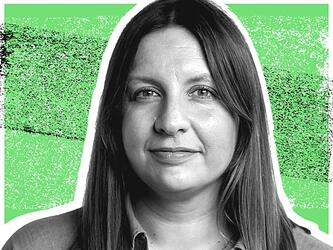Surveys and big data are ‘complementary, not competing data sources', says task force
The AAPOR Report on Big Data, prepared for the AAPOR Council, offers examples of different types of big data and their potential for survey research, as well as describing “the big data process” and its main challenges.
The report offers a number of recommendations, including the development of standards for the use of big data “when more knowledge has been accumulated”; that AAPOR should work with the private sector and other professional organisations to educate its members on big data; and that the public should be informed of the risks and benefits of big data.
The report also advises that surveys and big data should be seen as complementary, not competing data sources. “There are differences between the approaches”, the report says, “but this should be seen as an advantage rather than a disadvantage.”
“Research is about answering questions, and one way to answer questions is to start utilising all information available. The availability of big data to support research provides a new way to approach old questions as well as an ability to address some new questions that in the past were out of reach.
“However, the findings that are generated based on big data inevitably generate more questions, and some of those questions tend to be best addressed by traditional survey research methods.”

We hope you enjoyed this article.
Research Live is published by MRS.
The Market Research Society (MRS) exists to promote and protect the research sector, showcasing how research delivers impact for businesses and government.
Members of MRS enjoy many benefits including tailoured policy guidance, discounts on training and conferences, and access to member-only content.
For example, there's an archive of winning case studies from over a decade of MRS Awards.
Find out more about the benefits of joining MRS here.














3 Comments
Ray Poynter
10 years ago
But, they compete for budget and attention.
Like Reply Report
Horst Feldhaeuser
10 years ago
I'm baffled that they needed a task force for this, isn't this just common sense. But then again we are talking about Social & Government Research
Like Reply Report
NickD
10 years ago
Re: Horst: absolutely agree, but have you seen the discussions in MR recently? The absolute reductionism so prevalent in many spheres (ie everything must be boiled down to the ONE 'best' solution) has resulted in an awful lot of handwringing and navel-gazing about how big data are or are not replacing surveys. So it's good to see at least some recognition that it really is NOT an either/ or equation.
Like Reply Report